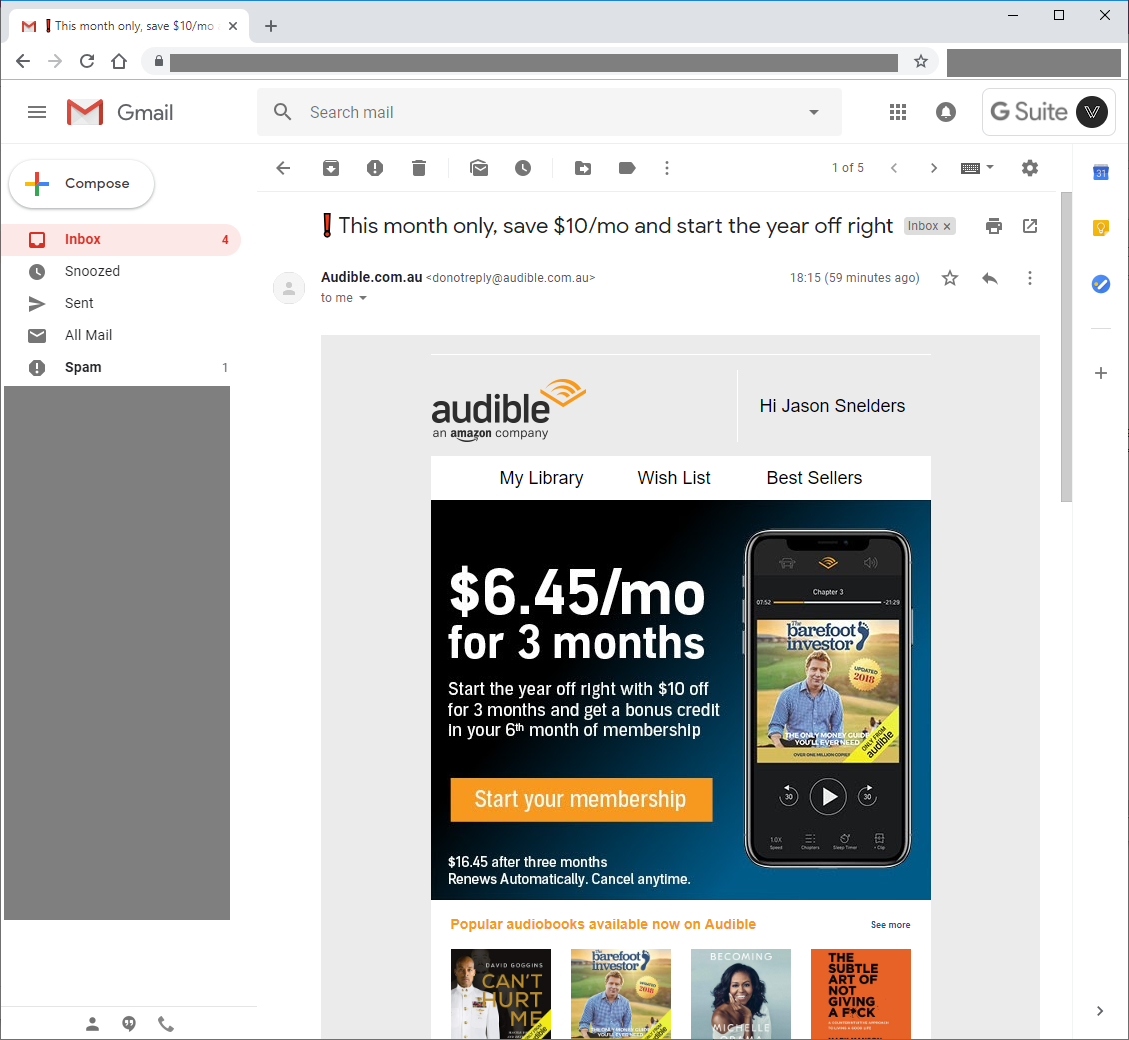I’m a big proponent of asking questions. But one questions I hate is:
What’s the solution?
It’s a loaded question, intended to deflect.
The scenario where we most hear this is when someone says “X is a problem” to a creator, leader or manager of X.
Then the leader immediately replies: “Great. What’s the solution? How do we fix it?”
Similarly, some leaders will say: “Don’t just raise problems. Suggest solutions.”
This is a pure bullshit tactic by leaders to deflect the problem back on the person reporting it.
I look at it like this:
Just because a person can see a problem, doesn’t mean they have the vision to understand the cause or how to solve it.
Likewise, they probably do not have the vision to create the thing that caused the problem in the first place.
Humans are good at spotting problems. We’re not that great at finding solutions.
Yes, there are times when the person identifying the problem can offer a solution. These are times where their expertise is what allows them to see the problem in the first place.
But working in business, many times I’ve heard someone raise a concern that is immediately quashed by the “how do we solve it” question, the underlying subtext being “if don’t have an answer, don’t ask the question”.
